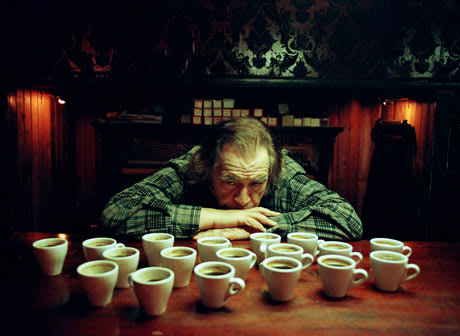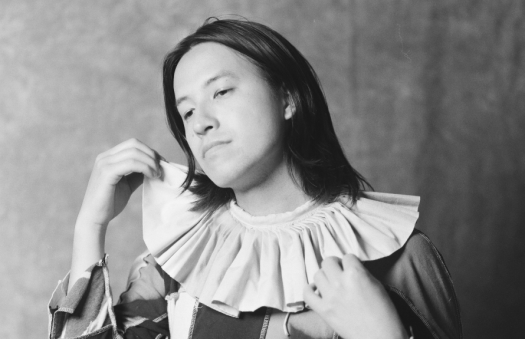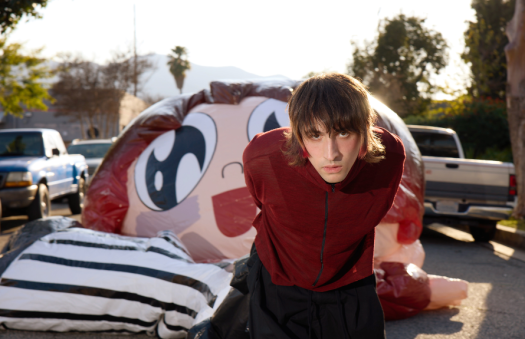In premise, Dagur Kári's dualistic fable, The Good Heart, is exceedingly obvious and by the numbers, detailing the relationship and inevitable mutual change of angry, curmudgeonly bar owner Jacques (Brian Cox) and the homeless, idealistic, sweet-natured Lucas (Paul Dano). Meeting in a hospital room following a heart attack and suicide attempt, respectively, Jacques takes Lucas under his wing, teaching him the ropes of his barkeep business while infusing a little survivalist cynicism into his teachings as a seeming last-ditch effort to do something of meaning with his dwindling lifespan. The mirrored archetypes and inevitable change are obvious, with the capitalist/communist, cynic/idealist worlds colliding and eventually affecting each other in a beneficial, but oft-problematic manner. But there's far more going on than mere moral soapbox preaching, as the change occurring isn't always for the better and the resolutions are far murkier than explicitly didactic. Amidst genuinely invigorating verbal exchanges and top-notch performances from both leads, bringing a quiet knowingness and nuanced variation to their archetypes, there's an oddly nihilistic notion of life as fleeting and unforgiving. With the dilapidated set design and washed-out aesthetic, we're given a dark worldview that acknowledges the good only as a temporary distraction. Jacques eventually finds some sense of peace with the world, but it comes at a price, much like Lucas's ironically positioned act of giving, which comes long after he's found purpose. This isn't a world where people get what they deserve; rather it's the one we live in, which makes the actual text challenging and provocative. This isn't to say that The Good Heart is a work made up entirely of harsh realities, as there's a dark humour consistent throughout, along with some amusing dialogue about the proper use of champagne and reasons why it isn't smart to befriend customers. Despite not being the most inviting film from a thematic and aesthetic standpoint, this character piece ultimately winds up as a rewarding, albeit bleak viewing experience. Included with the DVD is the HDNET interview piece where Brian Cox discusses the characters, along with a "Making of," which is little more than behind-the-scenes snippets.
(Mongrel Media)The Good Heart
Dagur Kári

BY Robert BellPublished Sep 8, 2011



